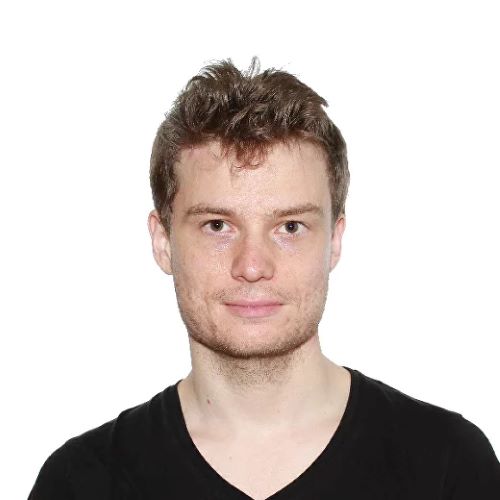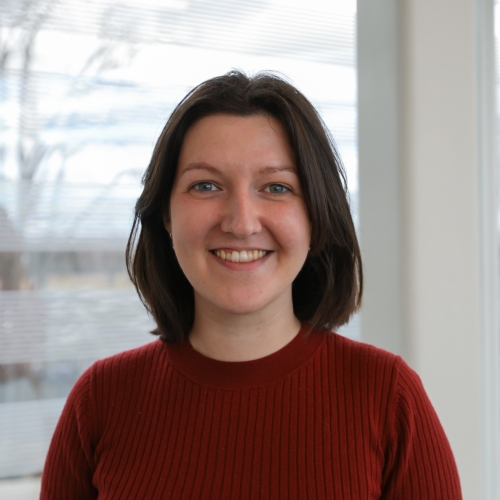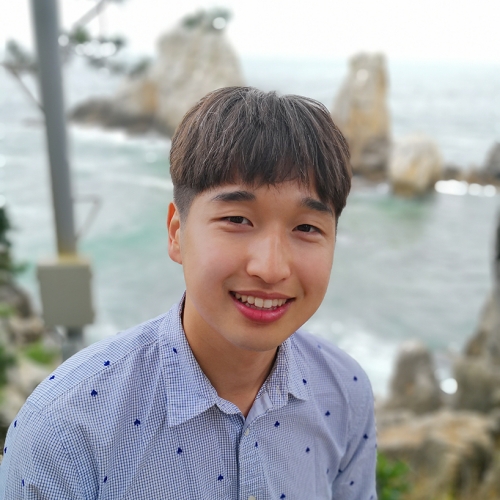Probabilistic robotics, a vibrant field that has gained enormous popularity since its inception, provides a compelling paradigm for autonomous robots to contend with the complex real world. Probabilistic representations yield beneficial properties for trustworthy learning-enabled robots deployed in the real world, e.g., uncertainty estimation, ways to elegantly handle incomplete data and the unifying perspective on perception, control and learning. On the other hand, recent advances in deep learning have dramatically improved the suitability and performance of robot learning, e.g., large language models (LLMs), visual foundational models, and Neural Radiance Fields (NeRFs), to name a few. Though there have been advances in pursuing the probabilistic extension of these concepts in recent years, many core challenges associated with real-world deployment remain unsolved.
In light of the above, this workshop aims to provide a forum to bring together robotic and machine learning researchers as well as industry experts with experience in developing probabilistic methods that dovetail with robot learning. In order to facilitate breakthrough research in these areas, the discussions will be centred on past achievements, current requirements, urgent challenges and future directions to enable promising applications.


















